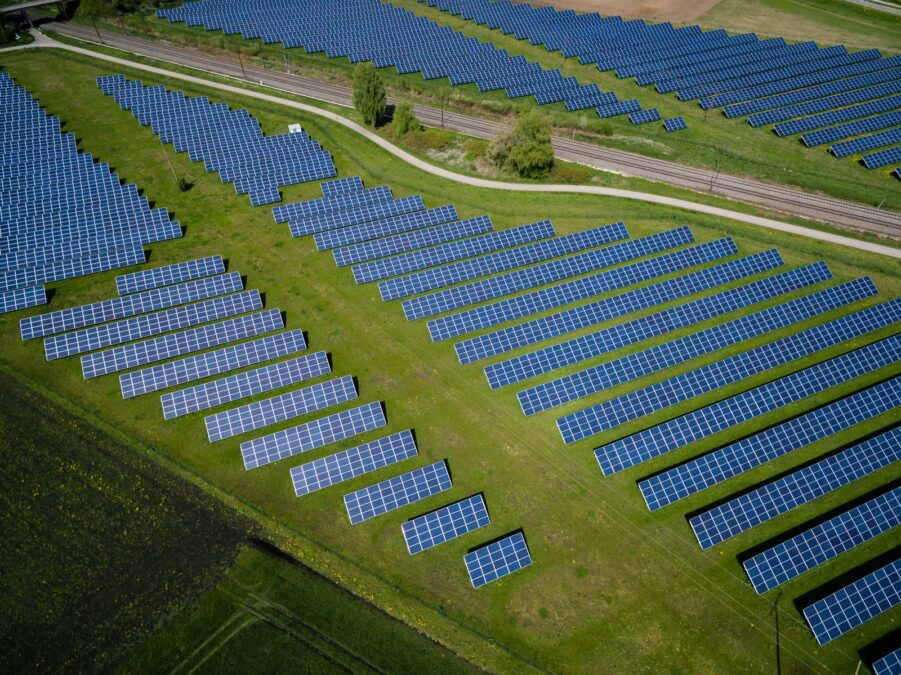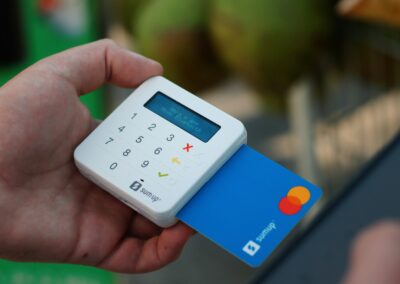Revolutionizing Renewable Energy Credit Management
Blockchain technology is poised to revolutionize the management of renewable energy credits by providing an efficient and transparent solution for tracking and trading these valuable assets. In regions like Saudi Arabia and the UAE, where renewable energy initiatives are gaining momentum, blockchain offers a transformative approach to managing energy credits. By leveraging distributed ledger technology, blockchain ensures the integrity and transparency of energy credit transactions, enabling stakeholders to accurately account for renewable energy generation and consumption. This not only streamlines the process of issuing, tracking, and trading energy credits but also enhances trust and confidence in renewable energy markets.
Ensuring Traceability and Accountability
One of the key advantages of blockchain in managing renewable energy credits is its ability to provide traceability and accountability throughout the entire lifecycle of these assets. Traditionally, the tracking and verification of energy credits involve complex and often manual processes, which can lead to errors, inefficiencies, and disputes. Blockchain eliminates these challenges by creating a tamper-proof and auditable record of every energy credit transaction, from generation to retirement. This ensures that energy credits are accurately accounted for and cannot be double-counted or tampered with, thereby enhancing the integrity and reliability of renewable energy markets.
Facilitating Efficient Trading and Settlement
Blockchain technology also facilitates efficient trading and settlement of renewable energy credits, enabling stakeholders to buy, sell, and transfer these assets with greater speed and transparency. Through blockchain-based platforms, renewable energy market participants can access a decentralized marketplace where energy credits can be traded peer-to-peer, eliminating the need for intermediaries and reducing transaction costs. Smart contracts, programmed on blockchain networks, automate the execution of energy credit transactions, ensuring that settlements occur instantly and securely when predefined conditions are met. This not only accelerates the pace of renewable energy adoption but also fosters greater liquidity and efficiency in energy markets.
Promoting Renewable Energy Adoption
Blockchain’s potential in managing renewable energy credits is driving greater adoption of clean and sustainable energy sources in Saudi Arabia, the UAE, and beyond. By providing a transparent and efficient mechanism for tracking and trading energy credits, blockchain incentivizes investment in renewable energy projects and encourages businesses and consumers to transition to cleaner energy sources. This not only reduces carbon emissions and mitigates climate change but also creates new economic opportunities and enhances energy security and resilience.
Fostering Innovation and Collaboration
Blockchain technology is fostering innovation and collaboration in the renewable energy sector, leading to the development of new business models, technologies, and partnerships. In Riyadh, Dubai, and other forward-thinking cities, blockchain-powered platforms are facilitating peer-to-peer energy trading, community-based renewable energy projects, and decentralized energy grids. By empowering stakeholders to participate directly in the renewable energy ecosystem, blockchain is democratizing energy access and accelerating the transition to a more sustainable and resilient energy future.
Building a Greener, More Sustainable Future
Blockchain’s potential in managing renewable energy credits is paving the way for a greener, more sustainable future in Saudi Arabia, the UAE, and beyond. By leveraging blockchain technology to streamline and optimize energy credit management, stakeholders can unlock the full potential of renewable energy resources and drive meaningful progress towards a low-carbon economy. With its ability to enhance transparency, efficiency, and trust in energy markets, blockchain is poised to play a pivotal role in shaping the future of renewable energy and accelerating the global energy transition.
Enhancing Market Accessibility and Inclusivity
Another significant advantage of blockchain technology in managing renewable energy credits is its ability to enhance market accessibility and inclusivity. In regions like Saudi Arabia and the UAE, where traditional energy markets may be dominated by large incumbents, blockchain-powered platforms democratize access to renewable energy credits, allowing smaller players and individual stakeholders to participate in energy trading and investment. By lowering barriers to entry and enabling direct peer-to-peer transactions, blockchain fosters competition, innovation, and entrepreneurship in the renewable energy sector, driving greater diversity and resilience in energy markets.
#Blockchain #RenewableEnergyCredits #SaudiArabia #UAE #Riyadh #Dubai #ChangeManagement #ExecutiveCoaching #EffectiveCommunication























